We are at a point in history where once again the plebs have woken up to the fact that inflation is polite robbery. While inflation is beneficial for governments through the many and varied bracket-creeping taxes, the same cannot be said of the slave class, or even politicians. Indeed, the only people who truly benefit are bankers, real estate agents, and high-net-worth investors.
As a collective, we accept that governments can take our money without us having any ability to morally opt-in (or out) of what it is spent on.
In the outpouring of the universal spirit of magnanimity made manifest through the cult of Environmental, Social, and Governance (ESG), inflation should be measured in absolute, not relative terms. For example, we should speak about the price of a loaf of bread each year, not the percentage change of the price of the loaf of bread. Bread costs $4 now, and cost $0.21 in 1970, not ‘the bread price increased by 15 per cent in FY2023’.
Further, the inflation target should be zero. That is to say, the Australian dollar should be able to be used as a comparative measure of value across time, and the government should be upfront rather than polite, about theft. This accountability would drive real productivity and create virtuous feedback loops.
Money supply should be modulated to the size of the population, the amount of stuff, the price of that stuff, and how productively everyone is working, and shouldn’t be based on Parkinson’s Law impacting bureaucracies.
Politicians talk about their war on inflation while doing nothing to counter-act it. If anything, their actions make it worse because they fail to understand the cause. ‘Oh yeah, we quadrupled Australia’s money supply during Covid, and weirdly, after a short lag time, the price of goods is now close to double – I wonder what will happen next…’
Instead, ignorant politicians misdirect public attention with words like ‘supply chain’, ‘housing shortages’, ‘immigration’, and ‘interest rates’ while never mentioning ‘money supply’ or ‘simple division’. In the meantime, the current government has increased the number of public servants by close to 20 per cent while making entrepreneurial enterprise even more difficult by clamping down on casual workers. The working-class union-driven extent to which they are behind the times beggars belief – we don’t have a ‘working class’ anymore.
Perhaps we should break down the true meaning behind today’s political speak.
Housing shortages: ‘We want to stimulate the economy in a way that allows our drinking buddies to get even more rich. We aren’t concerned about the beautiful architecture developers will knock down, how ugly the buildings are they put in their place, the unedifying effect of these monstrosities on the community, or how the community will change.’
Immigration: ‘The society of people known as Australians are dying out. We fund 80,000+ abortions of said Australians every year, but to offset that we import people from other countries instead of assisting young families. We do not consider the cultural or religious clashes this will cause within the existing Australian community.’
Supply chain: ‘Yes, well, with the benefit of hindsight, we may have slightly over-done it shutting down the whole world with lockdowns. Further, we might have been short sighted drinking the globalisation Kool-Aid. Don’t tell anyone, but we couldn’t even locally manufacture the aluminium strip that shapes a Covid mask to your nose despite having most of the world’s Bauxite.’
Interest rates: ‘Who’d have guessed that helicopter money, combined with supply shortages, would create an inflation spike? We had better put the brakes on. Worse, who’d have guessed that quadrupling the money supply would quadruple the prices of everything…?’
Simple division dictates that all of the stuff, divided by all of the money, equals the amount of stuff you can buy with a given amount of money. When you have $50k in your bank account, and the government decides to double the amount of money in circulation, you can now only buy half the stuff you used to be able to buy. In its kindness and wisdom, the government doesn’t come and take $25k out of your bank account – that would be robbery. No, they simply white-ant your savings away. It doesn’t feel like they are white-anting your prosperity, no, you feel rich. Your investment property has gone gangbusters, but so has your land tax, and your CGT and stamp duty when you sell it.
The scary thing is, the vast majority of politicians wouldn’t have a clue of the long-term impact of their fiscal policies. I’m quietly convinced that not a single Treasurer since Peter Costello has had any idea of how this stuff works.
The RBA’s hilarious webpage has a box named ‘Box: Real versus Nominal’. Here they delve into the dark arts of how bad the economic situation would get if they weren’t robbing us with 2-3 per cent inflation targets that don’t get met. They show that real wage growth is non-existent if pay rises don’t keep up with inflation. Complex maths indeed.
But hang on a minute RBA, if the inflation target was 0 per cent then you wouldn’t need to worry about under-pay-rising your employees, because they would know that the dollars in their salary was worth the same year on year.
While terrifying to the RBA, the strange phenomena of deflation might be less scary than it appears at first glance. Imagine, because of economies of scale or developments in technology, the price for certain things came down. Who knows, maybe people would work on more meaningful things, would become less materialistic, and the resultant non-disposable society became genuinely instead of falsely environmentally conscientious. Some other things become more expensive, and it works out in the wash.
It comes down to transparency. The RBA’s site should ditch its high-tech ‘Box: Real vs Nominal’ and be upfront saying the government would go bankrupt and a good chunk of the public service would be looking for work if we didn’t continually water down the value of our currency.
A clear and transparent read on how much the government has dipped into our savings, and how much our cost of living has gone up as a result, should be widely publicised. Property prices and mortgage payments need to be included in the mix. Accountability is not an ugly word. It creates virtuous feedback loops.
In the end we all need to ask ourselves – how many hours should I need to work to have my basic needs met? How many years of my life should be dedicated to earning money that provides food, clothing, and shelter?
At the crux of it all, if, instead of being driven by financial fears, we realised time is the most valuable thing we have, I suspect most of us would do a major turnaround. We’d be less focused on possessions, we’d be freed up to have more kids, and build the communities we want, we’d ditch churn-based jobs and work on things we find meaningful, and at the end of it, we’d be able to say that we’d lived a good life.
Got something to add? Join the discussion and comment below.
Get 10 issues for just $10
Subscribe to The Spectator Australia today for the next 10 magazine issues, plus full online access, for just $10.

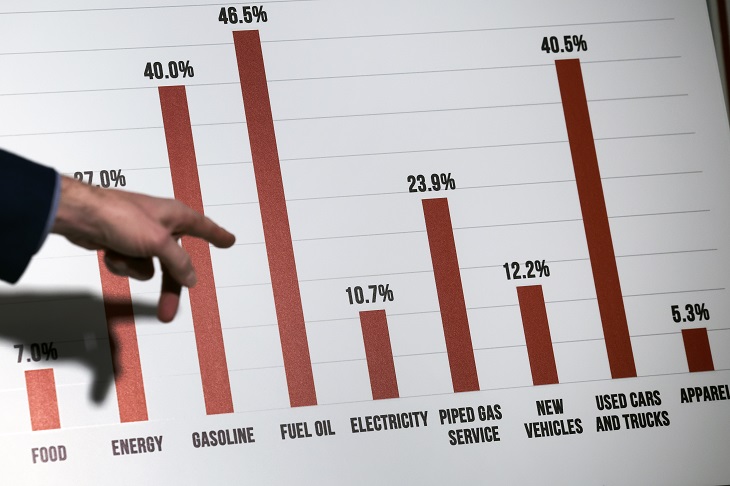
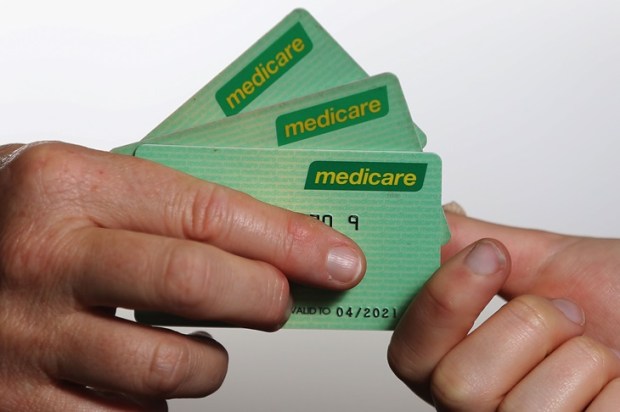
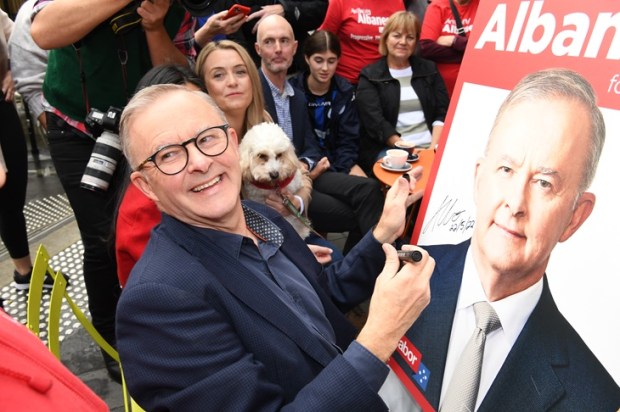
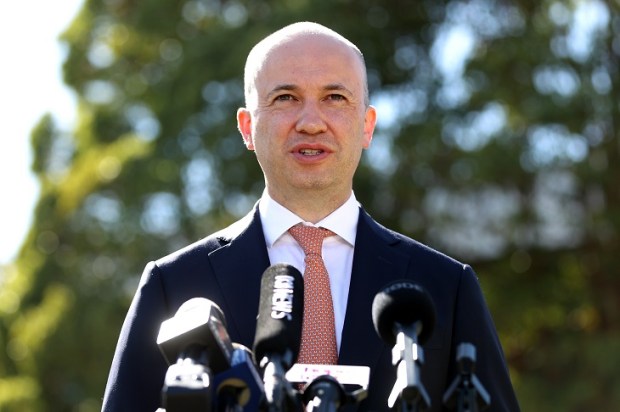
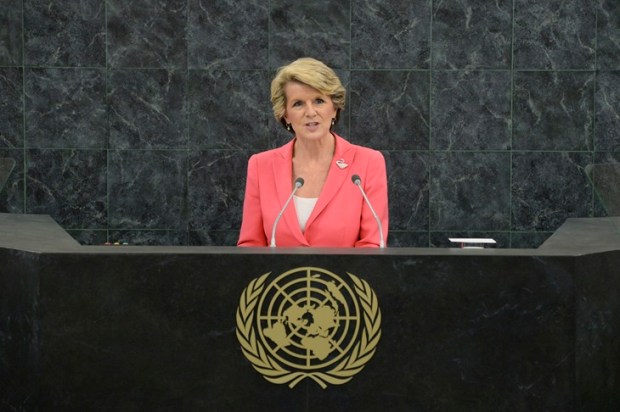




















Comments
Don't miss out
Join the conversation with other Spectator Australia readers. Subscribe to leave a comment.
SUBSCRIBEAlready a subscriber? Log in